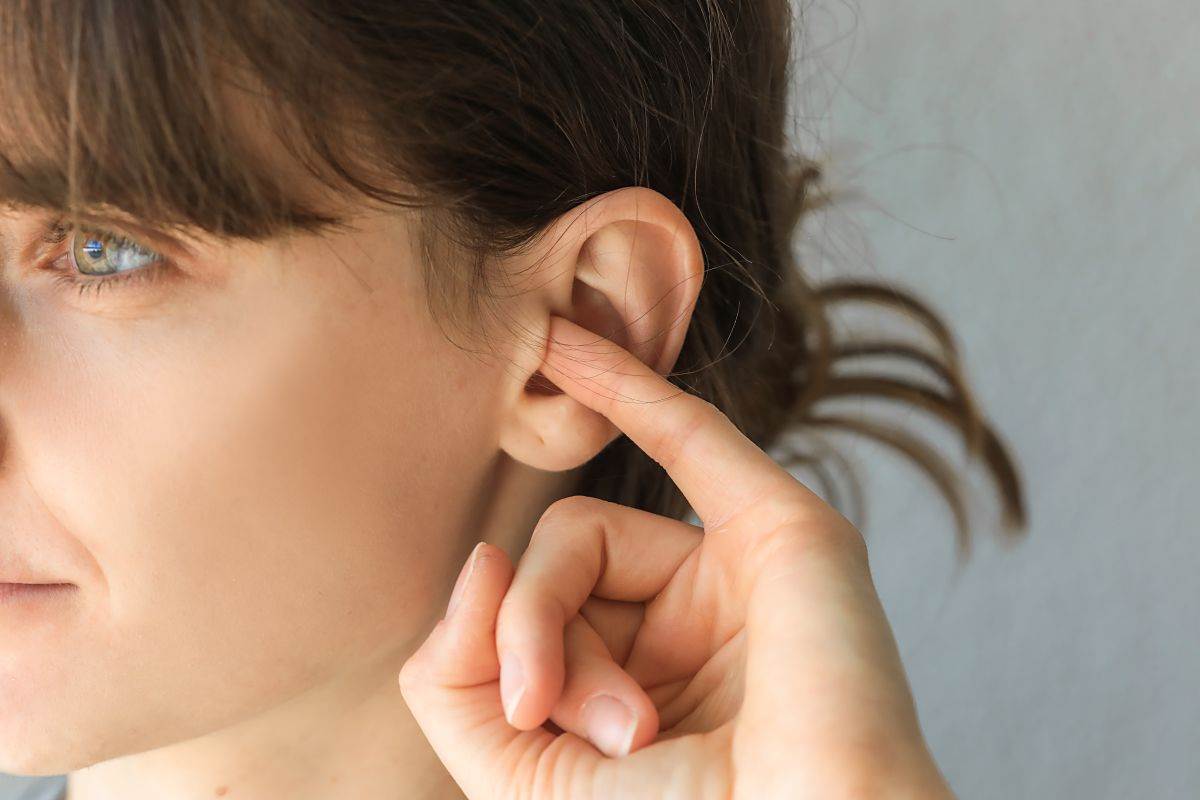Do you know what ringing in the ears means?
How many times have you experienced ringing in your ears? Usually, people know the well-known buzz from last night’s night out and loud music. However, it can also indicate more serious health problems.
Tinnitus is the medical term for “hearing” sounds in the ears. It occurs when there is no external source of sounds, according to experts from “Penn Medicine”, a medical center from Philadelphia.
Tinnitus is often called “ringing in the ears”. It can also sound like blowing, roaring, humming, hissing, humming, hissing or sizzling. The sounds heard can be soft or loud and the person may even think they hear air coming out, water flowing, the inside of a shell or certain musical notes.
Considerations
Tinnitus is common. Almost everyone notices a mild form of tinnitus from time to time and it usually lasts for a few minutes. However, constant or recurring tinnitus can be stressful and can affect focus or sleep.
Tinnitus can be:
Subjective: meaning that the sound is heard only by the person
Objective: meaning that the sound is heard by both the patient and the doctor (using a stethoscope close to the person’s ear, head or neck)
Causes
It is not known exactly what causes a person to “hear” sounds without an external noise source. However, tinnitus can be a symptom of almost any ear problem, including:
- Ear infections
- Foreign objects or wax in the ear
- Hearing loss
- Meniere’s disease – an inner ear disorder that includes hearing loss and vertigo
- Eustachian tube problem
- Antibiotics, aspirin, or other medications can also cause tinnitus. Alcohol, caffeine or smoking can make tinnitus worse if a person already has it.
Sometimes it’s tinnitus a sign of high blood pressure, allergies or anemia. In rare cases, it is a sign of a serious problem such as a tumor or aneurysm. Other risk factors for tinnitus include TMJ disorder, diabetes, thyroid problems, obesity and head injuries. Tinnitus is common in war veterans and adults over the age of 65. Children can also be affected, especially those with severe hearing loss.
Home treatment
Home treatment for tinnitus generally involves ways to relax the body. It is not known whether stress causes tinnitus, but feeling stressed or anxious can make it worse, the doctors explain. Avoid things that can make tinnitus worse, such as caffeine, alcohol and smoking. Experts from “Penn Medicine” also advise getting enough rest. Try to sleep with your head up in an elevated position. This reduces head congestion and can make the sound less noticeable. Also, protect your ears and hearing from further damage. Avoid loud places and noises, and you can always wear ear protection, such as earplugs, if you need them.
When to see a doctor?
Contact your doctor if:
- Tinnitus begins after a head injury.
- The sounds occur with other unexplained symptoms, such as dizziness, feeling off balance, nausea or vomiting.
- You have unexplained ringing in your ears that bothers you even after you try self-help measures.
- The noise is only in one ear and lasts for several weeks or longer.
- If the sounds are pulsating (rhythmic noise that follows a steady beat).
What tests do you expect at the doctor?
- Audiometry to test for hearing loss
- CT scan of the head
- MRI scan of the head
- Analyzes of blood vessels (angiography)
Treatment:
For example, your doctor may remove earwax. If the cause is TMJ, your dentist may suggest braces or home exercises to treat teeth clenching and grinding.
Experts also advise that you talk to your doctor about the current medications you are using to see if any medication could be causing the problem. These can include over-the-counter medications, vitamins, and supplements. Some people also opt for alternative therapies to treat tinnitus. These methods are unproven, so the best advice is to talk to your doctor before trying them.
(WORLD)
